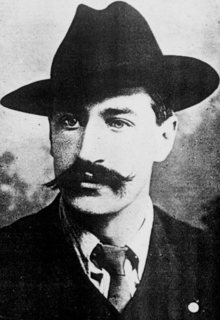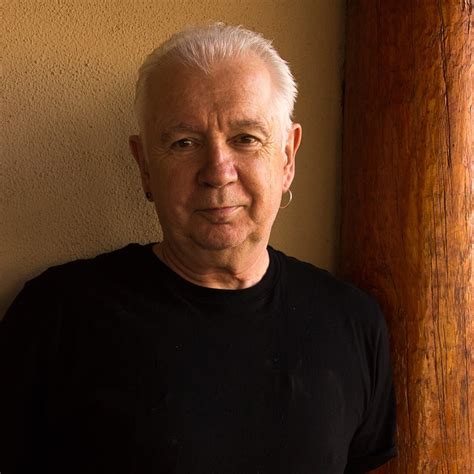A Quote by Gertrude Jekyll
In garden arrangement, as in all other kinds of decorative work, one has not only to acquire a knowledge of what to do, but also to gain some wisdom in perceiving what it is well to let alone.
Related Quotes
WISDOM IS dependent upon knowledge. Where there is complete ignorance there can be no wisdom, no knowledge of the right thing to do. Man’s knowledge is comparatively limited and so his wisdom must be small, unless he can connect his mind with a knowledge greater than his own and draw from it, by inspiration, the wisdom that his own limitations deny him. Only God knows all truth; therefore only God can have Real wisdom or know the right thing to do at all times, and man can receive wisdom from God. Wisdom is obtained by reading the mind of God.
Therefore 'Christ hath tasted death for every man:' not only for all kinds of men, as some vainly talk, but for every one, of all kinds; the benefit of whose offering is not only extended to such, who have the distinct outward knowledge of his death and sufferings, as the same is declared in the scriptures, but even unto those who are necessarily excluded from the benefit of this knowledge by some inevitable accident.
?"Intellect is the knowledge obtained by experience of names and forms; wisdom is the knowledge which manifests only from the inner being; to acquire intellect one must delve into studies, but to obtain wisdom, nothing but the flow of divine mercy is needed; it is as natural as the instinct of swimming to the fish, or of flying to the bird. Intellect is the sight which enables one to see through the external world, but the light of wisdom enables one to see through the external into the internal world.
Wisdom and knowledge can best be understood together. Knowledge is learning, the power of the mind to understand and describe the universe. Wisdom is knowing how to apply knowledge and how not to apply it. Knowledge is knowing what to say; wisdom is knowing whether or not to say it. Knowledge gives answers; wisdom asks questions. Knowledge can be taught, wisdom grows from experience.
Some are born with knowledge, some derive it from study, and some acquire it only after a painful realization of their ignorance. But the knowledge being possessed, it comes to the same thing. Some study with a natural ease, some from a desire for advantages, and some by strenuous effort. But the achievement being made, it comes to the same thing.
The best-informed man is not necessarily the wisest. Indeed there is a danger that precisely in the multiplicity of his knowledge he will lose sight of what is essential. But on the other hand, knowledge of an apparently trivial detail quite often makes it possible to see into the depth of things. And so the wise man will seek to acquire the best possible knowledge about events, but always without becoming dependent upon this knowledge. To recognize the significant in the factual is wisdom.



































